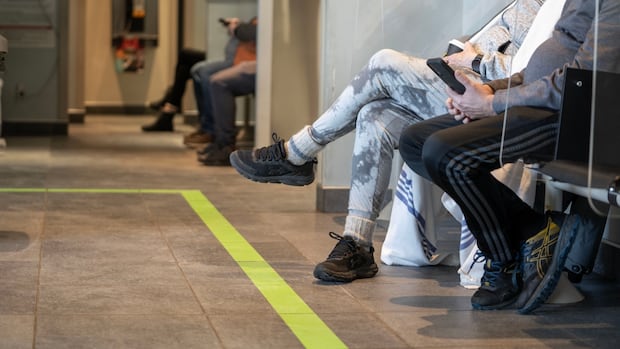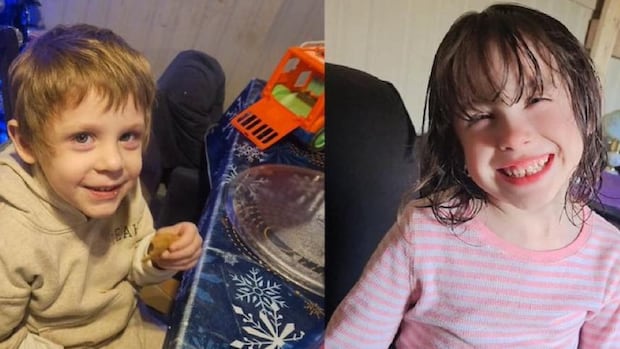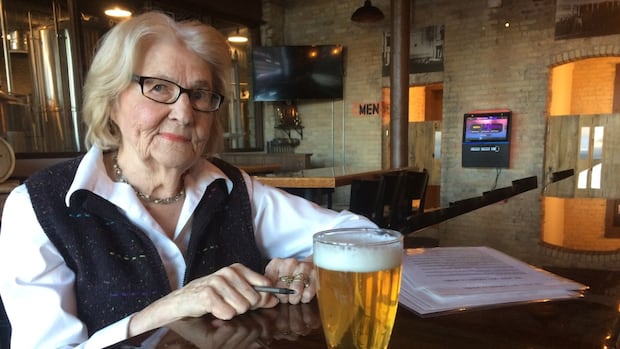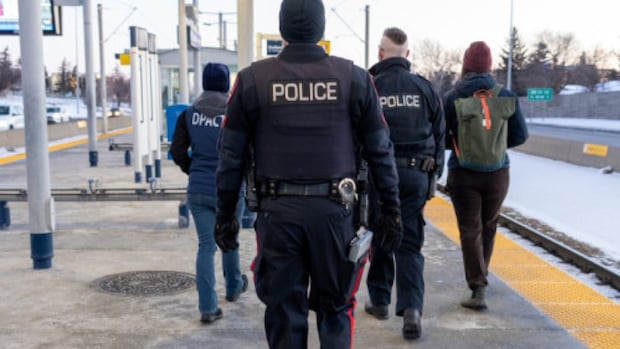Nova Scotia RCMP say they are planning to use cadaver dogs to search for missing children Lilly and Jack Sullivan.
The dogs, trained to pick up the scent of human remains, were not used during the formal search.
That search covered about 8.5 square kilometres of mostly dense woods near their home in Lansdowne Station, a sparsely populated community in Pictou County.
It involved more than 160 ground search and rescue volunteers, service dogs, drones and helicopters.
Lilly 6, and Jack, 4, were reported missing on May 2 after police received a 911 call from their mother, Malehya Brooks-Murray, saying they had wandered away from their home, located about 140 kilometres northeast of Halifax.
Since then, the case that has attracted national and international attention. Police have received at least 740 tips and are also evaluating more than 9,300 videos.
Daniel Martell, the children's stepfather, told CBC News in June that he'd like to see cadaver dogs used to help look for Lilly and Jack.
At that time, the RCMP said none had been deployed as part of their investigation.
Police scheduled a media availability Friday afternoon with two officers who are experts on the use of cadaver dogs to discuss how the process works.
The RCMP would not confirm when the cadaver dogs would be deployed, citing safety concerns, but did say it wouldn't be this weekend.













